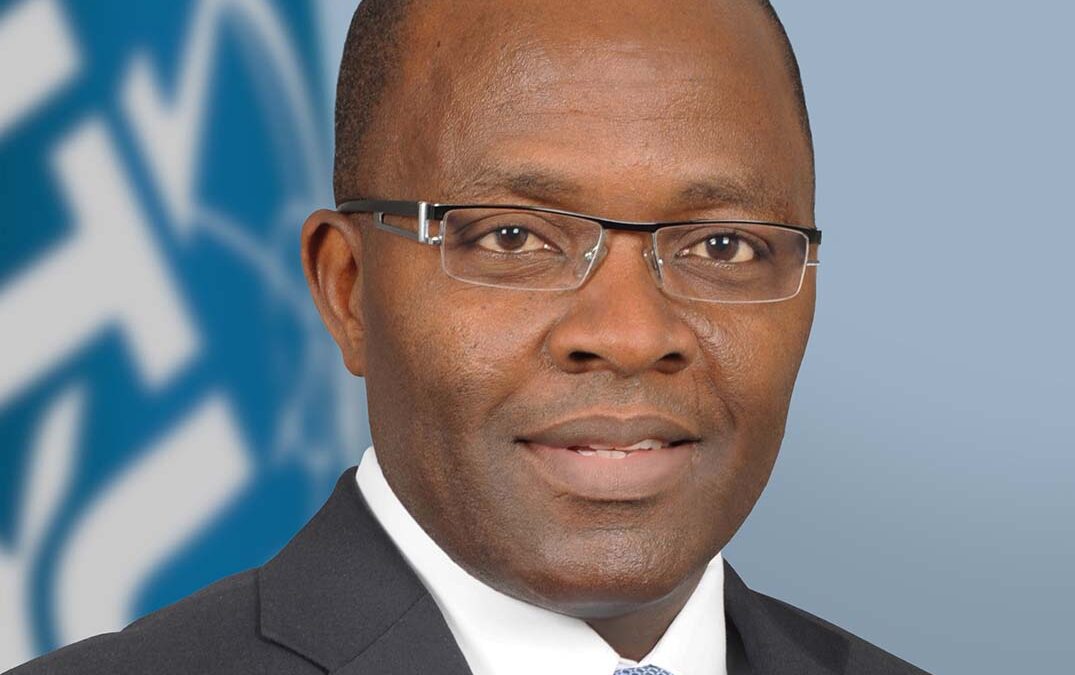Project Management Institute (PMI) and the United Nations specialised agency for ICTs, the International Telecommunication Union (ITU), have signed a collaboration agreement to enhance project governance, implementation, and the development of future-ready skills within ITU’s global initiatives.
The partnership is grounded in a shared vision to deliver measurable outcomes across key strategic priorities.
One key area of focus is the enhancement of project governance standards. PMI and ITU aim to facilitate policy dialogues and foster knowledge exchange among experts, local and regional government networks, civil society organisations, and the private sector. Developing capacity and equipping communities with future-ready skills also form a key focus of this collaboration.
Additionally, the partnership outlines a commitment to regional knowledge sharing, with a particular emphasis on Africa. With the continent at the heart of this collaborative agreement, the collaboration seeks to address connectivity gaps and unlock opportunities for millions, fostering inclusive and sustainable development.
“We believe that effective project management is critical to addressing Africa’s unique challenges, particularly the significant connectivity gaps that persist across the region,” said George Asamani, MD for sub-Saharan Africa at PMI.
“With a burgeoning youth population poised to drive the continent’s future, it is essential that projects aimed at bridging these gaps are delivered successfully and on time. Our partnership with ITU will play a pivotal role in equipping stakeholders with the tools and expertise needed to deliver impactful, timely projects that address connectivity challenges and drive meaningful change across Africa.”
No technology has transformed Africa’s socio-economic landscape as profoundly as the Internet. It has revolutionised the way businesses operate, enabling entrepreneurs to access global markets, scale operations, and drive innovation across industries. The rise of mobile internet has democratised access to information, breaking down traditional barriers and empowering individuals with tools for education, healthcare, and financial inclusion. It has also created a thriving digital economy, fuelling the growth of e-commerce, mobile payments, and tech startups that are redefining the continent’s economic potential.
Dr Cosmas Luckyson Zavazava, director of the Telecommunication Development Bureau (BDT) at ITU, highlights the collaboration’s significance: “In BDT, we work to connect the world by fostering digital inclusion and bridging connectivity gaps, particularly in underserved regions. This partnership reinforces our efforts by aligning with the leading authority in project management. By working together, we can ensure that our initiatives remain at the forefront of global best practices, enabling us to deliver projects efficiently, effectively, and with lasting impact.”
The partnership directly advances SDG 4 (Quality Education), SDG 9 (Industry, Innovation, and Infrastructure), and SDG 10 (Reduced Inequalities) by bridging digital divides, fostering resilient infrastructure, and creating opportunities for equitable growth. Strengthening project governance, enhancing implementation, and fostering the development of future-ready skills will contribute to laying a solid foundation for accelerated progress.
The partnership has the potential to transform ICT projects into engines of sustainable development and economic empowerment, particularly in regions where connectivity and digital transformation are critical to unlocking inclusive growth.
“With strategic investments and effective governance, this partnership is poised to bridge Africa’s digital divide, delivering transformative projects that expand access to education, healthcare, and economic opportunities. PMI and ITU are driving sustainable and inclusive growth for millions, setting a benchmark for impactful collaboration in the region,” says Asamani. “Together, we aim to drive the skills development and policy dialogue needed to ensure these transformative initiatives deliver sustainable and inclusive growth for the region.”

